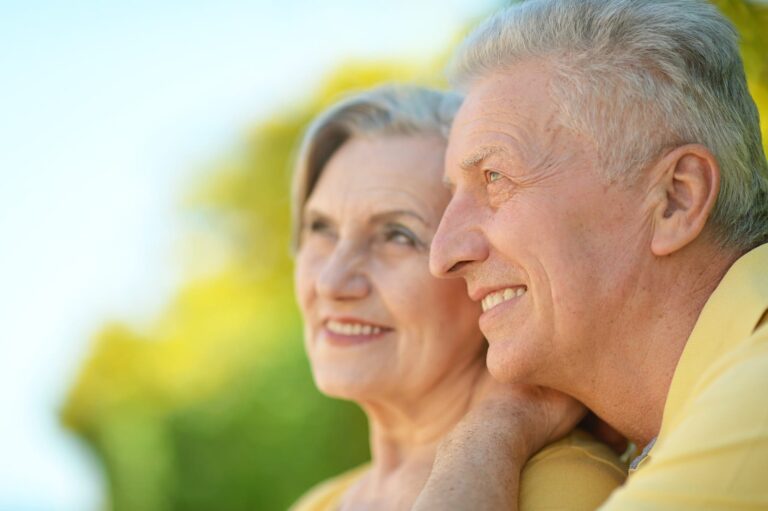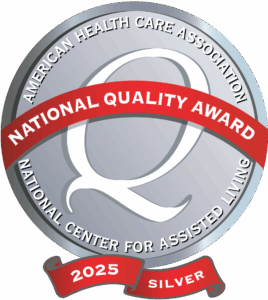Summer is the time of year lots of people look forward to most, when we’re able to get outside and enjoy the warmth, sunshine and longer days with family and friends. However, all that fun in the sun can lead to some serious health issues, especially for the elderly.
Extreme summer heat actually causes thousands of heat-related illnesses throughout the country, and seniors are among the most vulnerable. While too much heat is dangerous at any age, the elderly have a particularly hard time dealing with overheating. One of the main reasons is that as we age, our body’s ability to regulate temperature through our sweat glands and blood circulation tends to decrease. Other reasons include factors like weakness from age-related illnesses such as heart disease or COPD, side effects from medications, and a reduced feeling of thirst that leads to dehydration.
Some of the main heat-related health issues include:
- Dehydration. As mentioned above, dehydration is a cause of concern for seniors because our sense of thirst tends to decrease as we age. This means seniors aren’t drinking enough to keep them properly hydrated on a blazing summer day.
- Heat Exhaustion. Heat exhaustion is non-life threatening, however it can be a serious condition nonetheless. It can occur after several days of exposure to high temperatures as the body begins to lose salt and fluid. Some of the warning signs of heat exhaustion include nausea, headache, muscle cramps, fatigue, weakness, blurred vision, vomiting, rapid weak heartbeat, excessive sweating and dizziness.
- Heat Stroke. Heat stroke is a very serious heat-related illness and is a life-threatening condition. It occurs when the body cannot cool itself down properly. Symptoms of heat stroke include headache, dizziness, disorientation, agitation and confusion, body temperature over 104 degrees, staggering, flushed or hot, dry skin, rapid heartbeat, and loss of consciousness. If you or an elderly loved one is experiencing any of these symptoms, it’s vital to seek emergency medical help immediately.
Summer Safety Tips for Seniors
Stay cool over the hot months ahead with some of these summer health tips and safety tips for seniors:
- Watch the forecast. When the local weather forecast predicts hot and steamy weather, make some indoor plans for those days. Find a senior center, library or visit a museum to stay in an air-conditioned space.
- Keep your home cool. Use your air conditioning throughout the summer if you have it. If A/C isn’t an option for you, cover windows in direct sunlight during the daytime to keep the house cooler, and open them at night to let in some fresh air. Use ceiling fans or floor fans, too.
- Dress appropriately. Avoid dark, thicker clothing in the summer and instead choose lighter colors and natural, breathable fabrics like cotton or linen.
- Stay hydrated. Drink plenty of liquids including water and juices, but limit caffeinated and alcoholic drinks, as these act as diuretics and actually cause you to lose fluids.
- Avoid sun exposure during peak hours. The hottest hours of the day are generally between 10am and 3pm, so try to stay out of direct sunlight during those times. If you do go outdoors, seek shaded areas and remember to wear sunscreen and a hat or sunglasses to protect your skin and eyes.
- Limit strenuous outdoor activity. If you exercise outdoors, save it for the cooler morning or evening hours, as your body will be working a lot harder during the hottest hours of the day during strenuous physical activities. Take frequent breaks from whatever you’re doing to cool down and allow your body the time it needs to recover.
For more information about American Senior Communities, please visit www.ASCSeniorCare.com.




